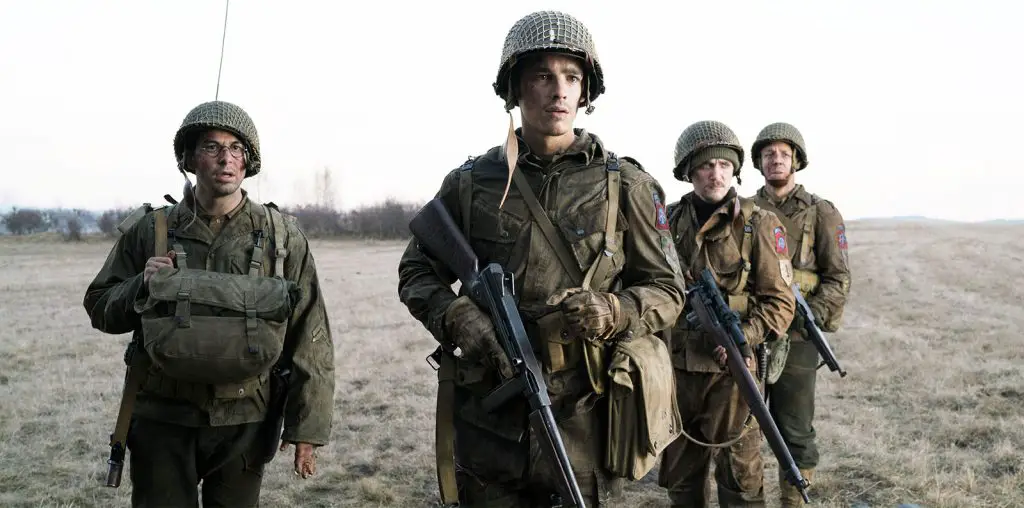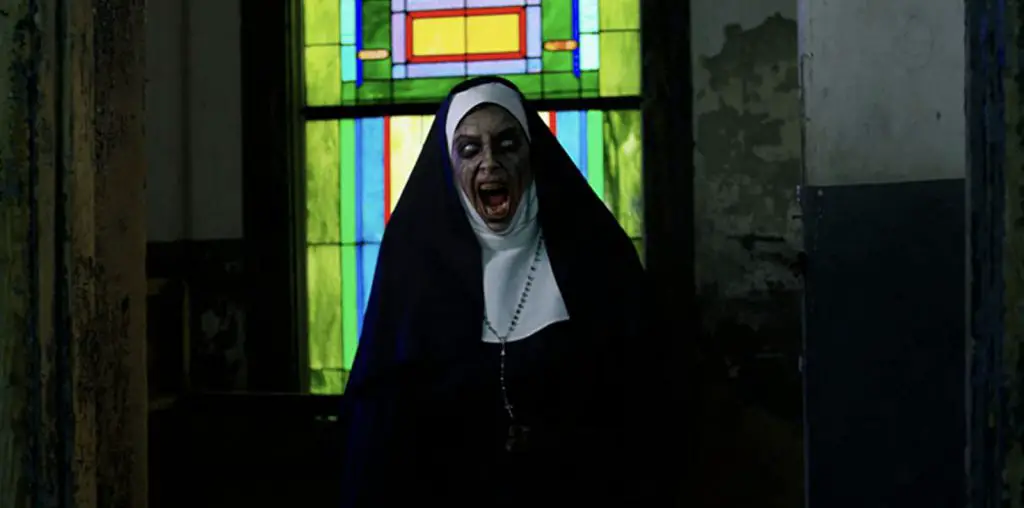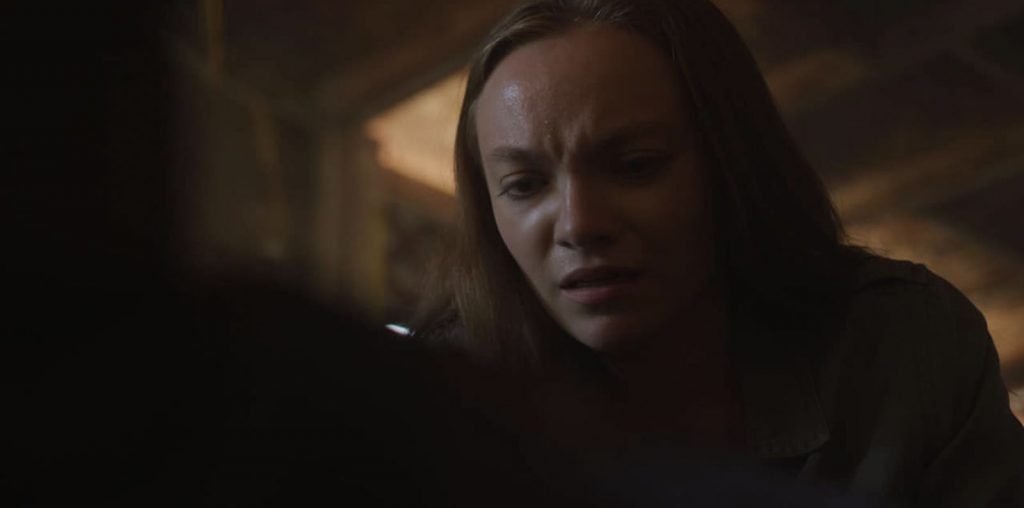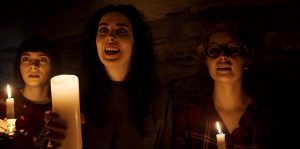
Playhouse is a gothic horror work as felt by the sepulchral atmosphere and slow-burn storytelling, and seen in the primordial setting. However, since the panic stems from the equivocal terror that may be a figure of Jack’s active imagination, Playhouse morphs into a more conceptual piece of horror concerning how far a writer will go to tell their story. In other words, Playhouse is a vivid critique of the creative process; if only the conclusion had more answers and, more importantly, a stronger backbone.
The father-daughter relationship between Jack and Bee should’ve been better developed. Bee’s abrupt departure from the second half of Playhouse debilitates any emotional vitality that would’ve existed in the conclusion if handled more cautiously. Jenny has a few family secrets of her own, yet she keeps them generally concealed, which would’ve been fine if the ambiguity of any of the film’s mysteries felt earned, but none of them do.
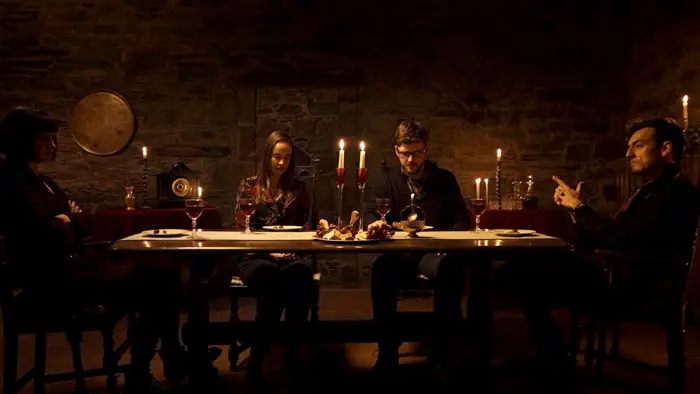
“…skilled in nurturing a dour atmosphere and exposing a darker side to the creative impulse.”
Delivering an immensely zany performance as Jack, William Holstead wholly embodies the peculiarity and inflated persona of a man dangerously engrossed in his work. That being said, Holstead’s offbeat performance, through the lens of horror, becomes irritatingly overdone come the second half. Contrarily, Grace Courtney gives a standout performance as Bee, remaining consistent with how her character quietly questions her father’s love for her (or the lack thereof). Helen Mackay is a welcome presence in the film as Jenny, the hesitant neighbor who reckons with the castle’s past in ways that surpass mere curiosity and thus kindles more intrigue to her character’s background.
Although Playhouse isn’t as emotionally critical or tightly written as it should be, The Watts Brothers are skilled in nurturing a dour atmosphere and exposing a darker side to the creative impulse.
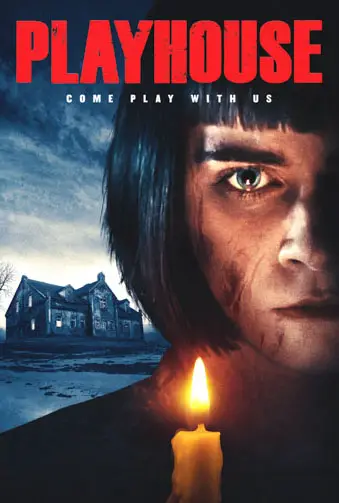
"…a vivid critique of the creative process..."
